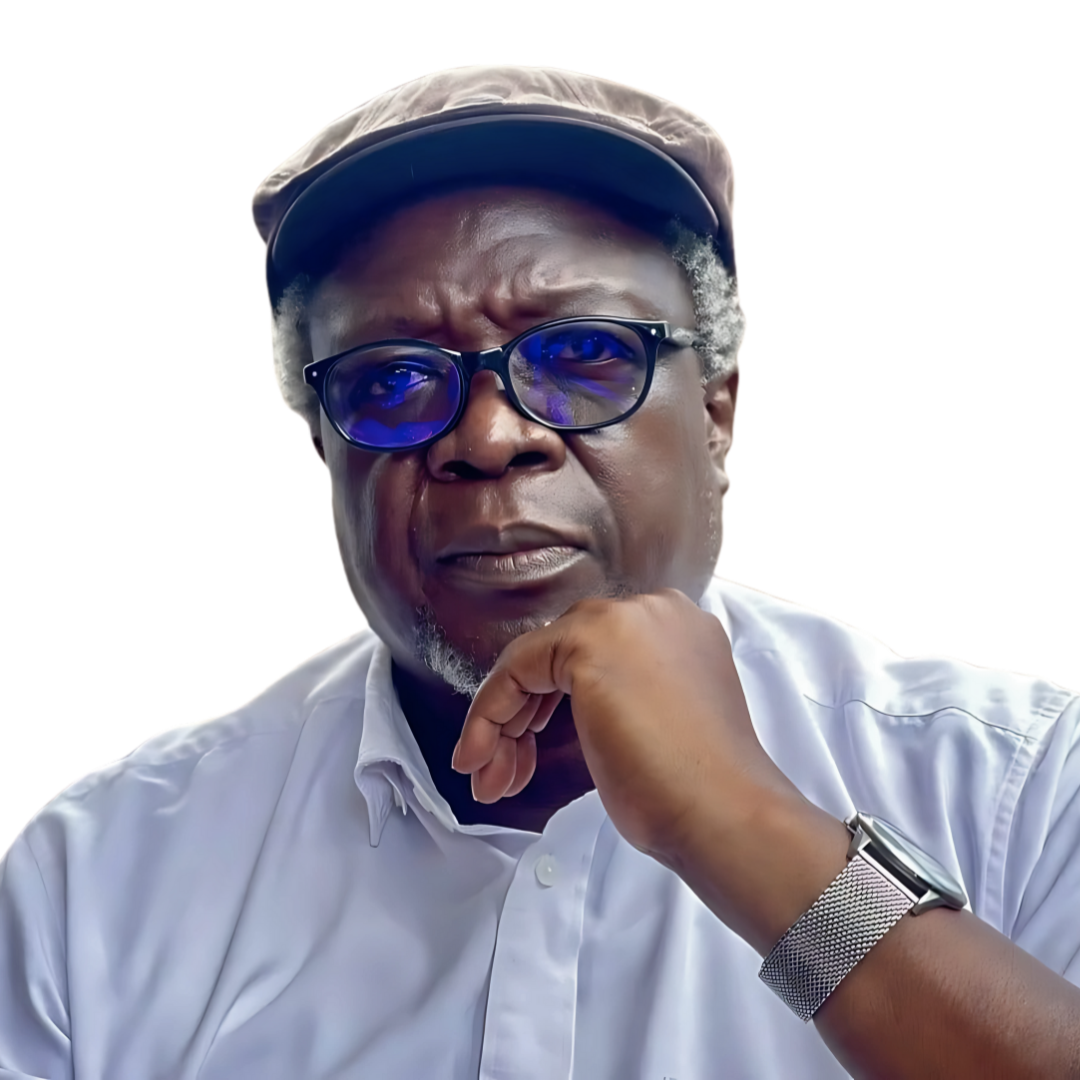UPND CHOKING ZAMBIA’S DEMOCRACY
By Brian Matambo – Lusaka, Zambia
Civil society leader Brebner Changala used an appearance on EMV to accuse Zambia’s government of systematically weakening the country’s largest opposition party, the Patriotic Front, through a mix of administrative manoeuvres, judicial stasis, and selective law enforcement. “This is not about PF vs UPND, it is about the survival of democracy,” he said, arguing that institutional checks are being bent to partisan ends.
Changala’s charge lands amid a two-year leadership dispute inside the PF that has repeatedly spilled into the courts. A March 25, 2025 High Court ruling details how competing factions asked judges to referee who may lawfully act as party president and whether the Registrar of Societies acted within the law when altering PF office bearers on the official register. The court noted that formal recognition of party office bearers turns on registration by the Registrar and declined to prejudge the presidency while a related judicial review of the Registrar’s decision is pending. The case file illustrates the administrative chokepoints that can shape a party’s viability between elections. 
The broader context is a narrowing civic space documented by international monitors. The US State Department’s 2024 human-rights report cites “significant issues,” including limits on expression and assembly, while Freedom House reports arrests and permit denials targeting opposition gatherings. UN human-rights officials last year urged authorities to halt a “downward spiral” of infringements on core freedoms. These findings echo Changala’s account that opposition figures face swift prosecutions while system-level disputes that would restore parity move slowly.   
Civil society groups have raised similar alarms. Amnesty International and Zambia’s Chapter One Foundation called in June 2024 for an end to an “escalating crackdown” on expression, association, and peaceful assembly, citing attacks on opposition parties and journalists. CIVICUS, a global alliance that tracks civic freedoms, describes persistent restrictions on rallies and speech since 2021. These outside assessments give Changala’s claims a documentary backdrop that extends beyond partisan grievance.  
Law and policy shifts in the digital sphere have also become a flashpoint. Scholars and rights groups argue that Zambia’s cyber laws, including recent updates, entrench wide discretion to police online speech, risking criminalisation of political dissent. Changala frames these statutes as part of a toolkit that chills criticism and keeps rivals on the defensive.   
What emerges from the EMV interview is a picture of “suppression by process” rather than single dramatic acts. Registration records, parliamentary procedure, police permits, and court calendars become battlegrounds. To Changala, the cumulative effect is to tilt the playing field before voters ever reach a ballot box. Whether Zambian authorities can reassure sceptics will hinge on visible progress in disputed party cases, consistent policing of assemblies across parties, and reforms that place key watchdogs at arm’s length from the executive. The pending court matters around PF recognition are one near-term test of that commitment. 


Deprecated: ltrim(): Passing null to parameter #1 ($string) of type string is deprecated in /home/incentivize/public_html/wp-includes/formatting.php on line 4496